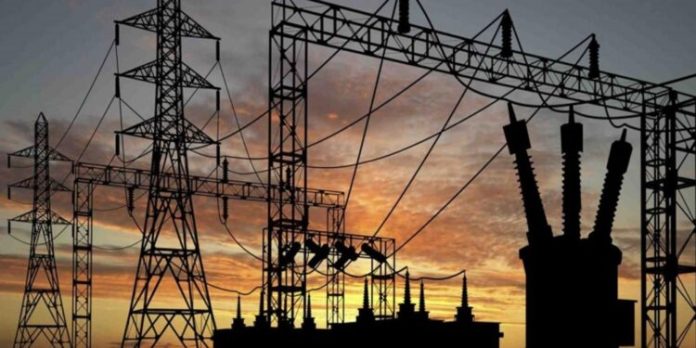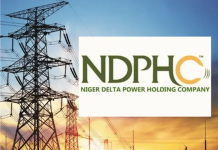Chinedu Bosah, the National Coordinator of the Coalition for Affordable and Regular Electricity (CARE), describes the performance of Nigeria’s Electricity Distribution Companies (DisCos) in 2024 as “abysmal.”
During an interview on Wednesday, Bosah criticizes DisCos for prioritizing profits over critical infrastructure upgrades. He notes that widespread consumer complaints persist regarding erratic power supply and excessive electricity billing practices.
Bosah highlights the failure of DisCos to provide prepaid meters to a significant number of Nigerian households, leaving about 55% of homes on the national grid—approximately seven million—without meters.
“Meters, which should be provided at no cost, are now being sold at high prices due to a profit-driven supply system. Many consumers are forced to purchase prepaid meters from Meter Asset Providers (MAP), placing additional financial burdens on households. This situation exposes the flaws in the privatisation of the sector,” Bosah explains.
The expert criticizes the unequal distribution of electricity, where some consumers benefit from preferential supply under premium tariff systems like Band A, while others are left underserved.
“This setup resembles a discriminatory system where only those who can afford high tariffs receive adequate electricity, leaving the majority in darkness or with minimal supply. Electricity is a basic right, not a privilege,” he asserts.
Bosah emphasizes that the sector should focus on making power affordable and accessible to all Nigerians rather than prioritizing financial gains.
Bosah identifies vandalism of electricity infrastructure and inadequate gas supply as major contributors to the power sector’s challenges.
“Nigeria, as an oil- and gas-rich country, should invest in gas exploration and transportation to ensure steady and affordable power generation. However, the lack of government investment and overdependence on multinational companies have led to high gas prices, worsening the situation,” he says.
He advocates reducing gas prices from $2.4 per MMBTU to below $1 per MMBTU to boost power generation and drive economic improvement.
Bosah highlights frequent grid collapses in 2024 as evidence of outdated infrastructure managed by the Transmission Company of Nigeria (TCN).
“The multiple grid failures, including the 12th collapse on December 11, reflect the urgent need for modernization in Nigeria’s transmission network. Despite an installed capacity of 14,000MW, the country struggles to generate an average of 4,000MW, showcasing the extent of neglect and mismanagement in the sector,” Bosah explains.
Bosah attributes the sector’s persistent issues to neglect, insufficient investment, and flawed privatisation policies.
“If public funds currently being mismanaged are redirected into the power sector, Nigeria can achieve reliable and affordable electricity supply,” he asserts.
He calls for the nationalization of the power sector and urges democratic control by workers and communities to address systemic issues and provide consistent electricity to Nigerians.












